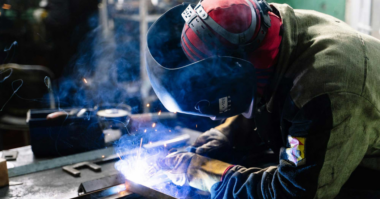Neptune™ Chemical Pump Co., a leading manufacturer of chemical metering pumps, is pleased to announce that it will be exhibiting its complete line of diaphragm metering pumps in Booth #5015 at the American Water Works Association Annual Conference & Exposition (AWWA/ACE) on June 10-14 in Dallas, Texas.
At this year’s show, Neptune will be showcasing its Series 7000 mechanically actuated diaphragm metering pump that has specifically been designed with water and wastewater applications in mind. The mechanical design of the Series 7000 eliminates the use of contour plates on the liquid side of the diaphragm while the simple, straight-through valve and head design allows for improved flow characteristics. The Series 7000 is self-priming, provides superior performance, and has a maximum capacity range up to 300 gph (1,135 lph) at 150 psi.
Neptune’s PZ Series electronic diaphragm metering will also be featured at ACE. PZ Series pumps have numerous designed in features, making them ideal for various product applications at flow rates from .01 to 20 gph. Neptune designed the PZ Series pumps with a variety of different controls. PZ pumps operate on a manual control that produces speed ranging from 15 to 300 strokes per minute. A variety of liquid-end materials are available.
Neptune will also exhibit its industry-leading Series 500 hydraulically actuated metering pumps. The Series 500 pumps feature EZE-CLEAN™ valve cartridges that can be removed for cleaning without disturbing the piping to the pump and a Variable Oil By-pass™ stroke adjustment that allows for better valve performance than traditional variable-linkage designs. Series 500 pumps are manually adjustable from 10% to 100% of capacity via micrometer dial or flow may be controlled automatically by electric stroke positioners or motor speed controls. Series 500 pumps have capabilities to 80 gph (302 lph) simplex and 160 gph (605 lph) duplex at pressures up to 3,000 psi (210 KG/cm).
For more information on Neptune, please visit www.neptune1.com. Neptune is an operating company within Dover Corporation’s Pump Solutions Group (PSG®): www.psgdover.com.
Neptune™ Chemical Pump Company is a premier manufacturer of chemical metering pumps, chemical feed systems and chemical injection accessories. Neptune’s hydraulic and mechanical diaphragm metering pumps are well known for injecting chemicals into boilers and cooling towers, and in water and wastewater treatment applications. Major applications also include power generation, oil and gas exploration, petrochemical, and irrigation markets. Other Neptune products include make-down systems to prepare and activate liquid or dry polymer for injection into water and waste water treatment processes, a complete line of portable mixers, plus steam and water sample analysis panels. Headquartered in North Wales, PA, USA, Neptune is a member of Dover Corporation’s Pump Solutions Group (PSG®). For more information, go to www.neptune1.com or email us atinfo@neptune1.com.



